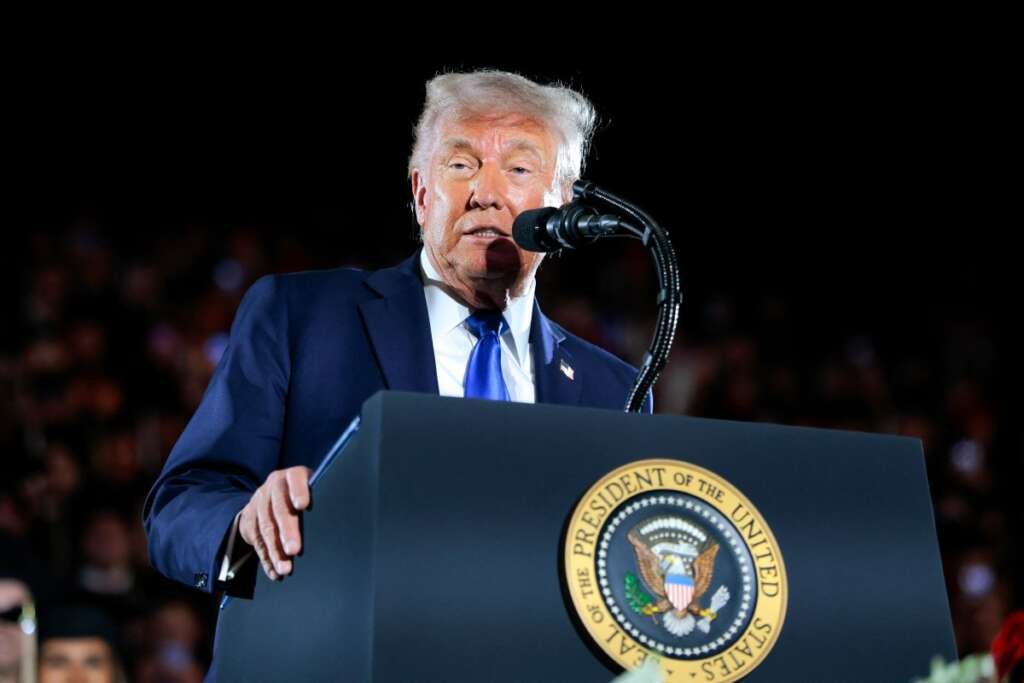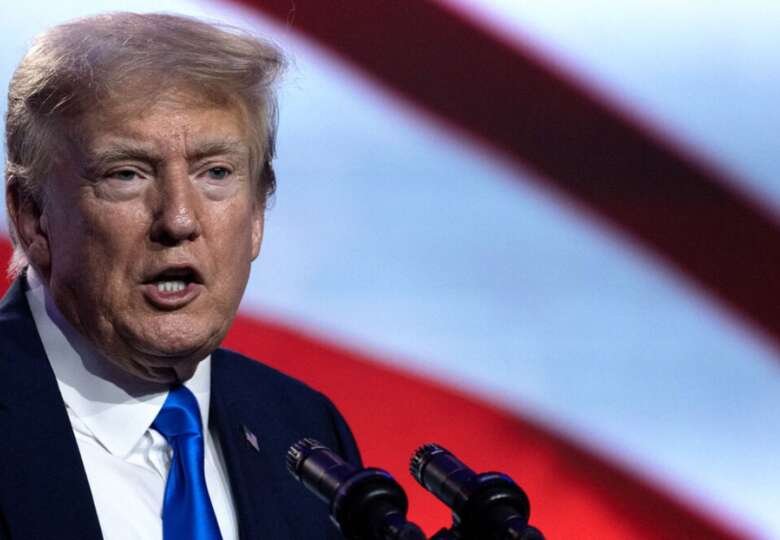
President Donald Trump’s sweeping orders banning citizens of 12 countries, international students, and his threats to ban Nigeria and 35 other countries from travelling to the United States—whether anchored under the guise of national security, immigration reform, or foreign policy—are cloaked in unconstitutionality. The orders are repugnant to equity and good conscience and morally indefensible. Many of the countries targeted in Trump’s current and prior bans are Muslim-majority nations.
If the current ban resembles the earlier “Muslim ban”, it may be rooted in religious bias, even if cloaked in national security language. The First Amendment (American Constitution) prohibits the government from favouring or disfavouring any religion. U.S. courts—including dissenting Justices in Trump v. Hawaii (2018)—have warned that animus against a particular religion, even if disguised as security policy, undermines the Constitution.
In fulfilment of his campaign promise, President Trump recently signed a sweeping order banning citizens of 12 countries from travelling to the U.S. The order, which took effect on Monday, June 9, at 12:01 a.m., applies to citizens of Afghanistan, Myanmar, Chad, the Republic of the Congo, Equatorial Guinea, Eritrea, Haiti, Iran, Libya, Somalia, Sudan, and Yemen. Additionally, Trump has issued an order restricting citizens of Burundi, Cuba, Laos, Sierra Leone, Togo, Turkmenistan, and Venezuela from entering the U.S.
Similarly, on June 4, 2025, President Trump signed a proclamation under Section 212(f) of the Immigration and Nationality Act, banning international students from entering the U.S. to attend Harvard University. He cited national security concerns and alleged failures by Harvard to report incidents involving foreign students. However, in a swift legal pushback, Harvard secured a temporary restraining order blocking the presidential proclamation pending the outcome of the case in court.
Meanwhile, President Trump is reportedly considering placing Nigeria, along with 35 other countries, on a travel ban list. The mentioned countries include: Angola, Antigua and Barbuda, Benin, Bhutan, Burkina Faso, Cape Verde, Cambodia, Cameroon, the Democratic Republic of the Congo, Djibouti, Dominica, Ethiopia, Egypt, Gabon, Gambia, Ghana, Côte d’Ivoire, Kyrgyzstan, Liberia, Malawi, Mauritania, Saint Kitts and Nevis, Saint Lucia, São Tomé and Príncipe, Senegal, South Sudan, Syria, Tanzania, Tonga, Tuvalu, Uganda, Vanuatu, and Zambia.
The U.S. Secretary of State, Marco Rubio, announced last Saturday that Nigeria and the other 35 countries have been given a 60-day window to comply with new requirements issued by the U.S. Department of State or risk being blacklisted.
In justifying the bans, President Trump invokes Section 212(f) of the Immigration and Nationality Act (INA). However, that section is intended for limited, case-specific threats—not for broad, indefinite bans affecting millions of people from entire countries. This sweeping application bypasses Congress, violates the separation of powers, and transforms immigration policy into executive fiat, contrary to constitutional checks and balances.
The bans also violate due process under the Fifth Amendment. Individuals from the banned countries who hold approved visas, green cards, or family reunification petitions are being denied entry without legal recourse. The Fifth Amendment guarantees a fair hearing before someone is deprived of liberty or property, including immigration rights already granted.
Furthermore, discriminating against people based solely on their country of birth—especially when linked to race, religion, or ethnicity—violates the principle of equal protection. Blanket bans on individuals merely because they come from, for example, Iran or Sudan, without any individualised threat assessment, are arbitrary and prejudiced. The government has not presented credible evidence that all citizens of the twelve banned countries, or the targeted students, pose specific, imminent threats to the U.S.
The bans isolate the U.S., damage its global moral standing, harms diplomacy, and deny opportunities for cultural and intellectual exchange. While the world, particularly the affected countries, may criticise the bans, they must bear in mind that the U.S. Constitution and federal laws grant broad powers to President Trump over immigration when national interest or security is at stake. President Trump is authorised to suspend the entry of any class of aliens if he determines that their entry would be “detrimental to the interests of the United States.” Moreover, the Supreme Court upheld Trump’s Proclamation 9645 in Trump v. Hawaii (2018), affirming the legality of his authority to issue such bans.
Trump’s actions are not unprecedented in U.S. history. Other presidents before him exercised similar powers to impose immigration bans or restrictions. For example, President Obama restricted visa waivers for citizens of certain countries. President Carter banned Iranians from entering the U.S. during the hostage crisis. Presidents Reagan and Clinton also invoked Section 1182(f) during perceived security threats. Thus, while Trump’s actions are controversial, they are not without precedent.
Some Americans support the bans because they believe the U.S. has become too permissive in allowing entry from unstable regions. They view the bans as a means of protecting American jobs, culture, and values. More importantly, the bans are temporary and subject to periodic review. Countries can be added or removed from the list based on their cooperation with U.S. vetting standards. For example, Chad was removed from the list after it improved its identity-management practices. This demonstrates that the bans are not immutable. The U.S. government remains open to making adjustments based on evolving security benchmarks.
Every country, including the U.S., has the sovereign right to control who enters its borders. Travel bans are one way to enforce immigration laws and uphold the integrity of the visa system. They can serve as preventive measures to stop individuals from countries with terrorism concerns or unstable governments from entering the U.S.
However, a moderate position recognises legitimate security concerns without resorting to blanket bans that violate people’s rights and dignity. Instead of sweeping bans, the U.S. should implement case-by-case entry reviews. It should rely on biometric data, criminal records, and travel histories to assess individual risk levels. The U.S. should also work with foreign governments to improve their security and documentation systems, thereby making the vetting process more effective without completely isolating those nations. Any restrictive travel policy should have built-in review mechanisms and expiration dates to ensure it remains justified by current data. Travel bans should not become instruments of discrimination or repression.
The most valuable lesson in all of these is that leaders of countries must focus on improving governance, security, and economic conditions to prevent their citizens from fleeing in search of a better life abroad. For Nigeria, it is high time political leaders commit themselves to good governance, the rule of law, and national security. If Nigeria were a livable country, its citizens would not be fleeing to seek refuge in the U.S. and other countries. Instead of merely complaining about the U.S. threat to blacklist Nigeria, Nigerian political leaders should take responsibility and make Nigeria a country worth living in.




